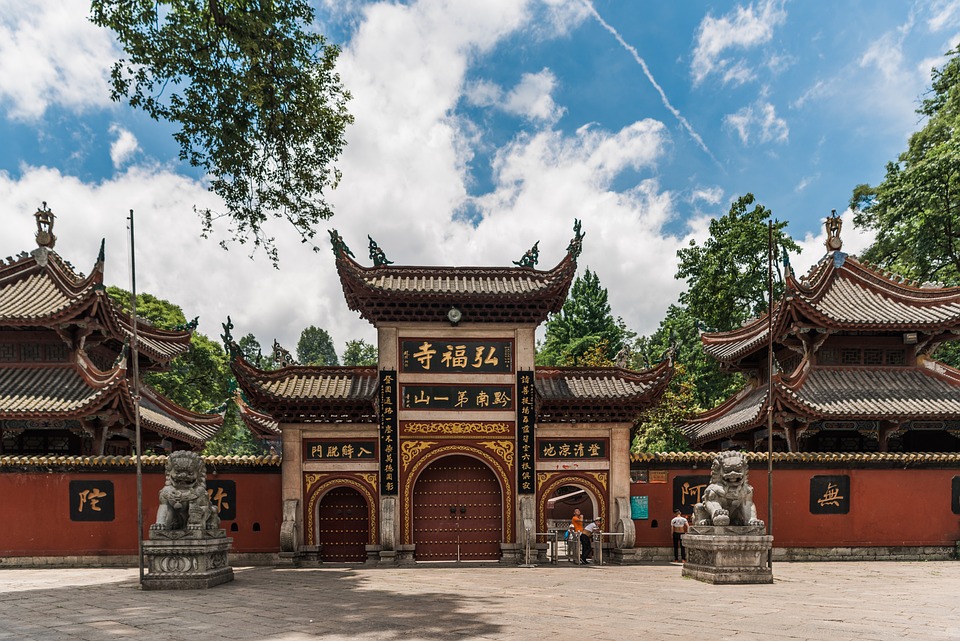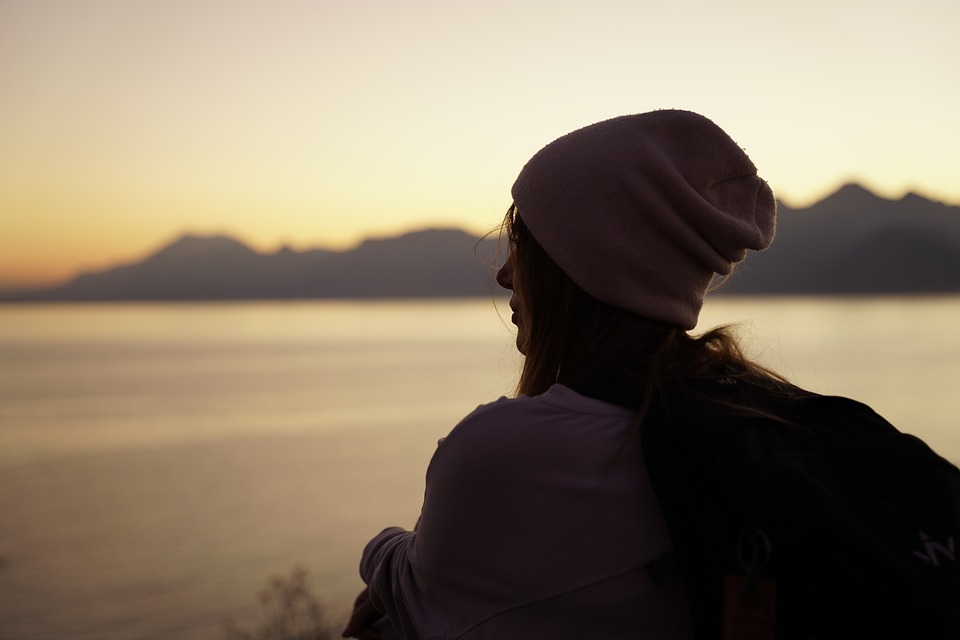Solo backpacking can be an exhilarating and liberating experience, allowing you to explore the world at your own pace and on your own terms. However, it also comes with its own set of challenges and risks, especially when it comes to safety. Here are some tips for traveling alone safely while backpacking:
1. Research your destination: Before embarking on your solo backpacking trip, make sure to thoroughly research your destination. Familiarize yourself with the local customs, laws, and potential safety hazards. It’s also a good idea to have a rough itinerary and know where you’ll be staying each night.
2. Stay connected: Make sure to let someone back home know your travel plans, including your itinerary and contact information. Check in with them regularly to let them know you’re safe. You can also use technology to stay connected, such as having a reliable phone or GPS device with you.
3. Trust your instincts: When traveling alone, it’s important to trust your instincts and listen to your gut feelings. If something doesn’t feel right, remove yourself from the situation and seek help if necessary. It’s better to be safe than sorry.
4. Pack wisely: When packing for your solo backpacking trip, make sure to pack light and only bring the essentials. Avoid carrying large amounts of cash or valuable items, and keep your belongings secure at all times. It’s also a good idea to have a first aid kit and any necessary medications with you.
5. Be aware of your surroundings: While exploring a new destination, it’s important to be aware of your surroundings and stay vigilant at all times. Avoid walking alone at night in unfamiliar areas, and trust your instincts if you feel like you’re being followed or in danger.
6. Blend in with the locals: To avoid standing out as a tourist and potentially becoming a target for theft or scams, try to blend in with the locals as much as possible. Dress modestly, avoid displaying expensive belongings, and learn a few key phrases in the local language.
7. Stay informed: Before heading out for the day, make sure to check the local news and weather conditions. Stay informed about any potential safety hazards or threats in the area, and adjust your plans accordingly.
8. Be prepared for emergencies: It’s important to be prepared for emergencies while backpacking solo. Carry emergency contact information with you at all times, and know how to seek help in case of an emergency. It’s also a good idea to have travel insurance that covers medical emergencies and evacuation.
Overall, solo backpacking can be a rewarding and life-changing experience, but it’s important to prioritize your safety while traveling alone. By following these tips and staying alert and prepared, you can enjoy the freedom and adventure of solo backpacking while staying safe and secure.




